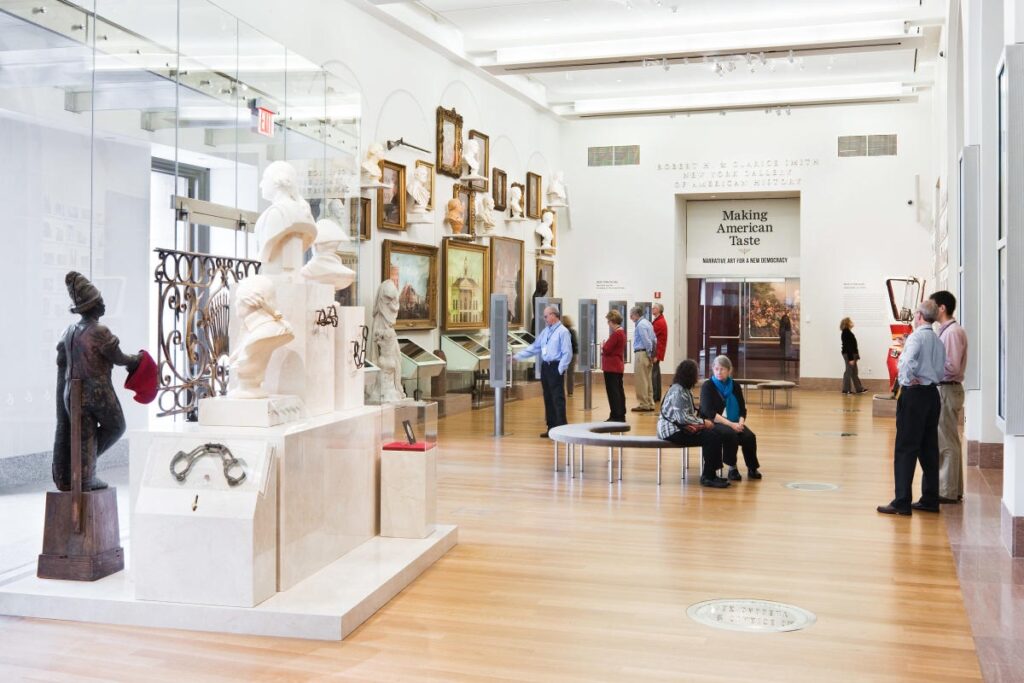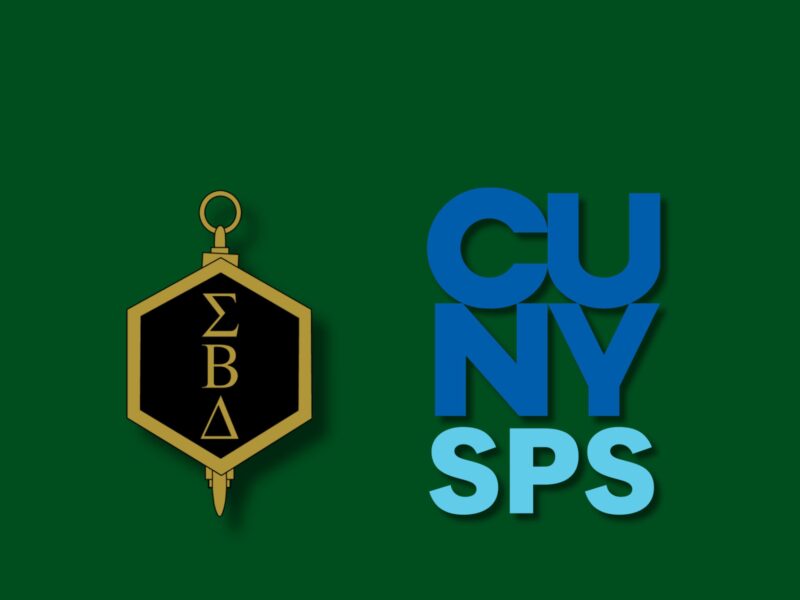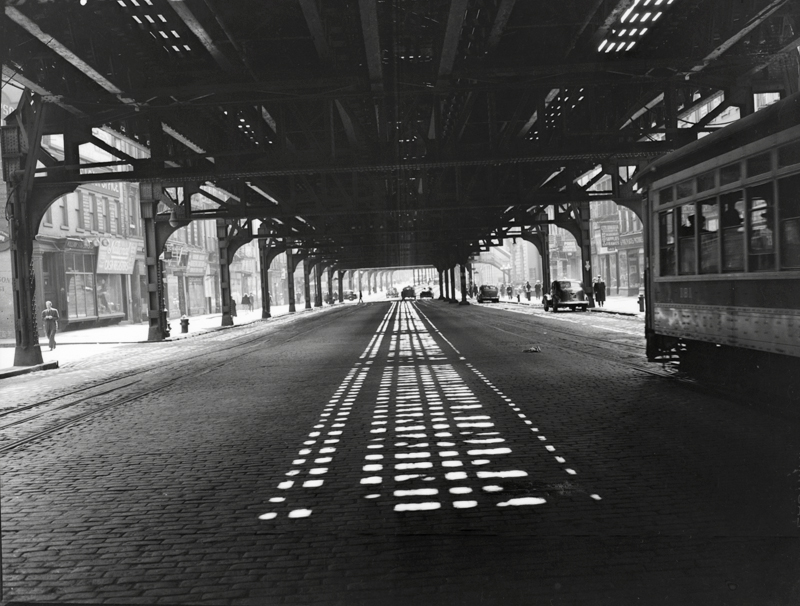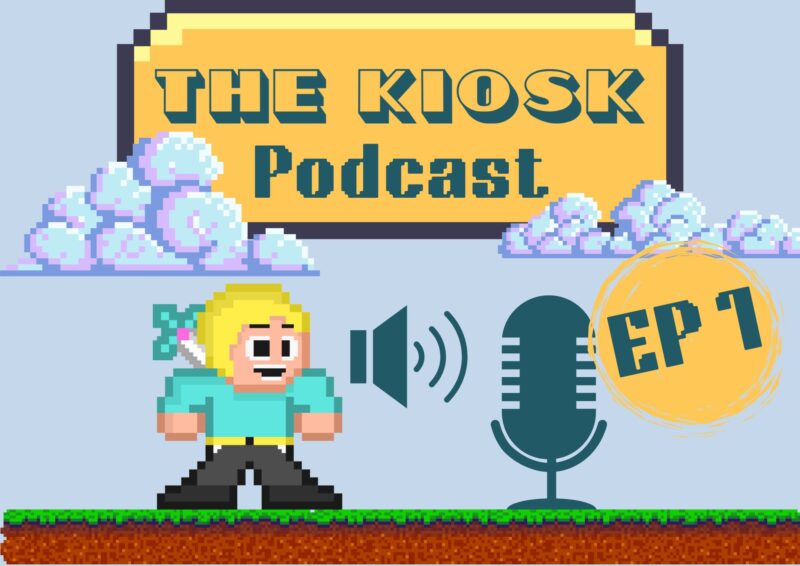For those looking to break into a career in museums, the Master of Arts in Museum Studies at CUNY SPS is ideal for students who need a flexible schedule without sacrificing academic rigor.
The Museum Studies program sets itself apart as one of the only online, asynchronous programs in the country to offer classes taught by working professionals like museum curators and educators.
The academic program manager for the MA in Museum Studies program, Jenna Coplin, has been advising students ever since helping to launch the program in 2019. Before joining CUNY SPS, Coplin worked as an archaeologist on sites in New York, Florida, and Belize, and has taught at universities like City College, Queens College, and Hofstra University. Coplin also serves as the program manager for CUNY SPS’ MS in Research Administration and Compliance program.
Professors in the field and flexibility for students
Unlike other museum studies programs, CUNY SPS partnered with the New-York Historical Society, the first museum to open in New York City, to build the program from the ground up. Professors with real- world experience at the N-YHS, along with those at a couple of other institutions, is what makes CUNY SPS’ program unique, Coplin explained.
“The main approach to the curriculum is to consider our students at their next stage in their lives,” Coplin said. “We want them to be as well-rounded as possible and to experience as much museum work from the various main fields that make it up. So our required courses cover those main tracks, including finance, administration, and the law, because even if you want to be a curator or an educator, you still have to know how much things cost.”
Another unique feature of the program is the flexibility that online asynchronous classes offer, Coplin added.
“This is not something that we came to as part of the pandemic,” she said. “This is something we’ve been doing for 17 years. We understand the online pedagogy, we are pushing the opportunities within it and making it an increasingly productive option for students. We have a ton of students that wouldn’t be able to participate in a master’s program if it weren’t for the flexibility, and this tuition that CUNY can offer.”
For students looking for more interaction with professors and students, many classes offer some sort of live video component including practica with museum professionals across several departments that explore visitor services, development, and finance, to name a few. The program will also most likely offer a class that will partially take place at the N-YHS in the near future, focusing on the museum’s collection.
A career beyond the program
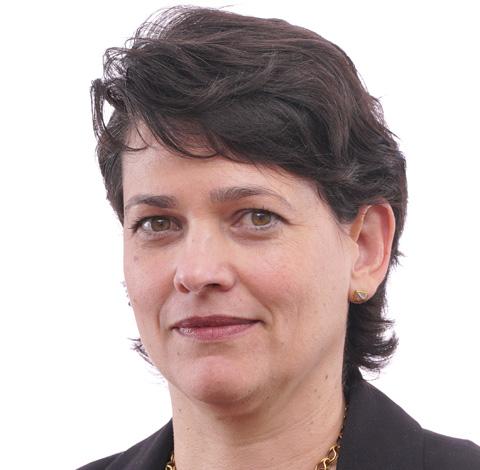
In addition to a rigorous academic program, students can get help with landing jobs in the field through the CUNY SPS Office of Career Services, which has a team of advisors along with an online job board, CareerLink. The office helps with everything from cover letters to resume restructuring for the museum studies field, and regularly holds professional development events, Coplin said.
“Just as the pandemic started to ease up, a lot of museum work was tough,” she explained. “It was a difficult time. We invited a number of folks from different areas within cultural institutions to come and talk about what’s next. How are we thinking as current working professionals about what’s next? And what can we share with you about what might be next for you?”
One of the main challenges with online classes is a lack of connection among students. The Museum Studies Club, led by students in the program, hopes to foster that connection through club events for learning and professional development.
“They’ve had students who’ve gotten internships come talk to other students because that’s just a great conversation between peers,” Coplin said. “We’ve had networking events at the Historical Society, we’ve had just plain social events, we had a guest faculty person who had an exhibit at the Queens Museum who took two people to go see the exhibit she had mounted.”
Since the program began, it has seen 91 students graduate, with 14 more due to complete their capstone projects and graduate this semester. Alumni have gone on to work at institutions like the Metropolitan Museum of Art, Carnegie Hall, and the New-York Historical Society, while others have gone on to pursue their PhDs. One alum went on to become the head curator at the Stamford Museum & Nature Center in Connecticut, Coplin added.
Coplin’s main goal for students with a master’s degree in museum studies is to have a set of transferable skills they can use in any field.
“I think the most important thing is that [students] have a deeper understanding of how cultural institutions work on a larger scale, because if you’re not looking at your workspace regardless of what you’re doing at that level, then you’re not understanding what motivates decisions, what’s important in your workspace,” she said.
Upon graduating, students should have the tools they need to embark on a career in museum studies, Coplin concluded. “So it is a rigorous program, but we do offer all the support that we can muster to make sure that our students are prepared for that rigor, and that they thrive,” she added.

